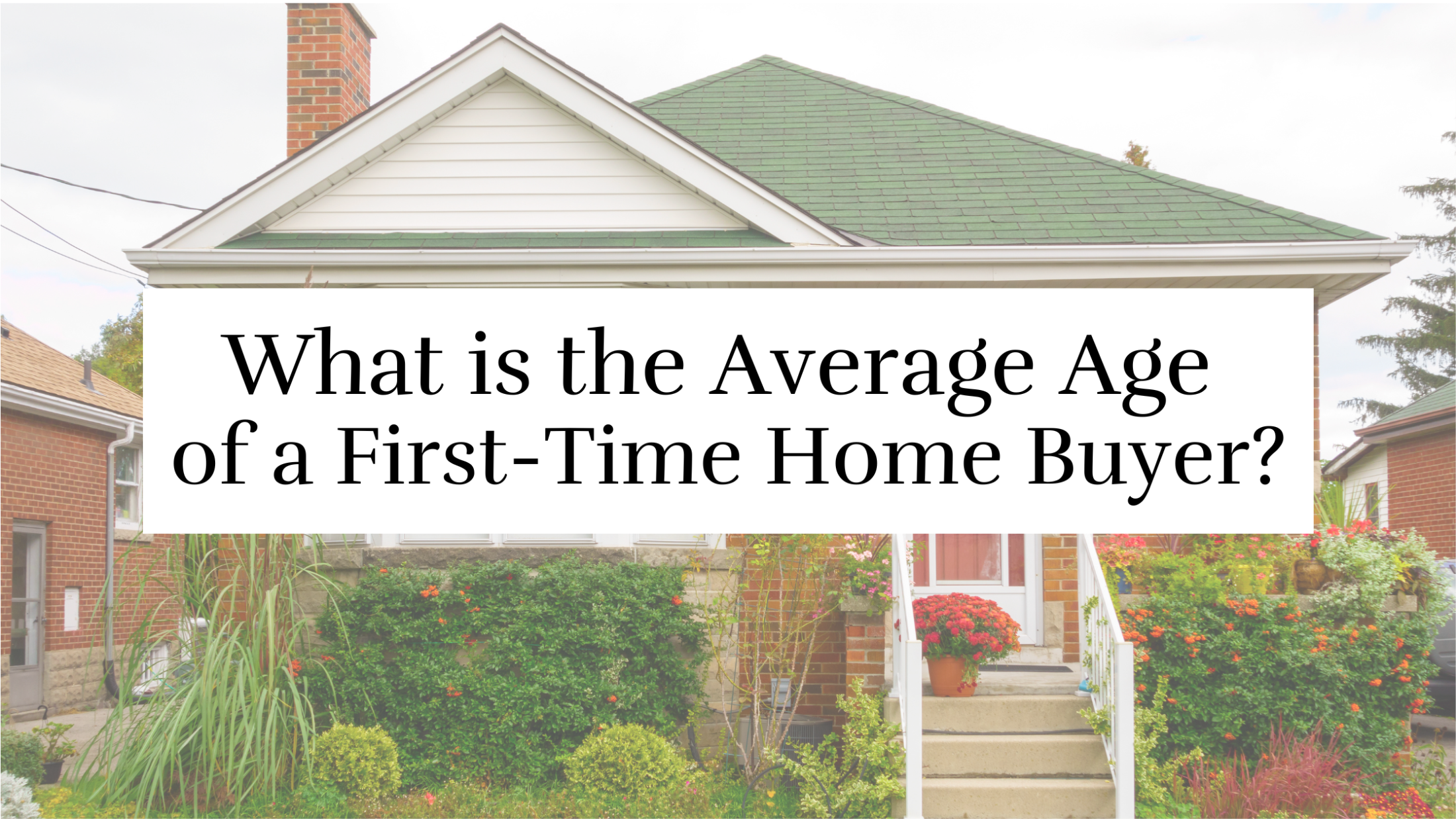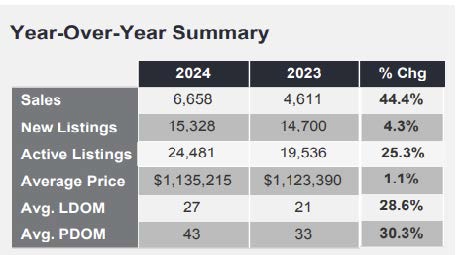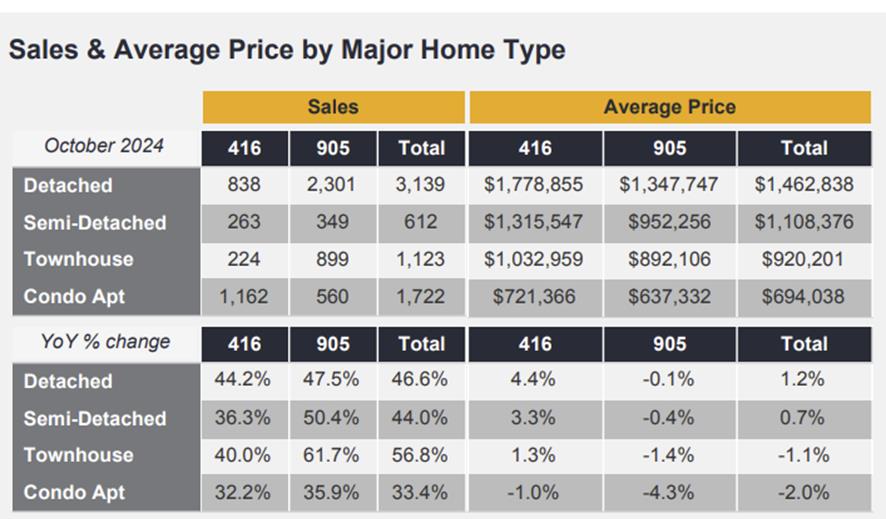Almost half (47 per cent) of first-time buyers who made a home purchase in the last 18 months were aged between 25 and 34, according to the Canada Mortgage and Housing Corporation’s (CMHC) 2025 mortgage consumer survey.
Where a buyer lives can also influence their age. In the Prairies, most new buyers fell within the 18 to 34 age range, while in regions like Atlantic Canada and British Columbia, first-time buyers tended to be slightly older, CMHC noted.
Leah Zlatkin, mortgage broker and chief operations officer at Mortgage Outlet Inc. in Concord, Ont., says that in the Greater Toronto Area, first-time buyers are typically older than their counterparts in the Greater Horseshoe Area or the Prairie provinces.
“Many of the buyers I work with are in their late twenties to mid-thirties,” Zlatkin said. “Though from time to time, I do assist younger clients—often with help from their parents.”
She attributes this trend to the higher housing costs in the GTA. “People generally need more time to save, especially if they’re aiming for a larger home that suits a growing family,” she added.
Although the 25–34 age group has consistently led since 2019—reaching a high of 56 per cent in both 2023 and 2024—it dropped modestly in 2025, per CMHC findings. The demographic is shifting upward: buyers over 35 made up 39 per cent of the market in 2025, up from 33 per cent in 2024 and 30 per cent the year before.
According to Statistics Canada, the median age of those claiming the first-time home buyer tax credit was 32 in 2022—the most recent year available—up from 30 ten years earlier.
Still, some Canadian cities are managing to attract younger buyers, particularly where housing prices are more accessible.
Montreal offers the best value across Canada where a lot of young people are moving here from other provinces, since they can buy a condo for $500 per square foot instead of $1,000 like in Toronto.
How much income does a first-time homebuyer need?
The income levels of first-time homebuyers have risen in recent years, crossing into six-figure territory: CMHC reports that in 2025, the median income was around $105,000 — a jump from the $60,000 to $90,000 range noted five years prior.
As per the Canadian Real Estate Association (CREA), the national average home price stood at $707,380 in April. In Ontario and British Columbia, averages neared $1 million, while in Atlantic Canada and in provinces like Saskatchewan and Manitoba, prices ranged between $300,000 and $400,000.
CMHC also found that 71 per cent of first-time homebuyers were married or in common-law relationships, and 91 per cent had jobs.
More than half of these buyers had children in their households, and 64 per cent were renters prior to buying, with an average renting period of 6.3 years.
A growing number of single women in their thirties or early forties are entering the housing market, often purchasing solo — a sign of increasing financial independence and less emphasis on waiting for a partner.
CMHC’s findings also show that 54 per cent of first-time buyers bought a home with another adult who was not their spouse or partner. This trend was most prominent among younger adults aged 18 to 24 and was especially common in Quebec.
How are first-time buyers putting together their down payment?
According to CMHC, key sources for down payments included 39 per cent from non-RRSP savings, and 38 per cent from first home savings accounts (FHSAs).
But the most common contribution came in the form of gifts: more than 40 per cent of first-time buyers received financial gifts to assist with their purchase, with the typical gift totaling $74,570.
Gift reliance varied by region — those in higher-cost provinces like Ontario and B.C. were more apt to receive such support, while those in the Prairies were more reliant on their own savings.
Gift amounts ranged widely — from $43,086 in the Prairie provinces to as high as $142,812 in British Columbia. As real estate values outpace wages, parents are increasingly stepping in to close the gap.
CMHC also highlighted a notable jump in the number of buyers who lived with family or friends before purchasing — 35 per cent in the current year, compared to 28 per cent the year before. It’s likely this choice reflects efforts to cut expenses and boost savings in preparation for a home purchase.
Parental help also influences the timeline to save for a down payment. CMHC reports that first-time buyers typically saved for 3.7 years — but without family assistance, it often takes five to seven years, especially in expensive markets like Vancouver.
How I Help First-Time Buyers Plan for Success
Buying your first home is exciting—but it can also feel overwhelming. With high prices, complex financing, and a lot of opinions from well-meaning friends and family, it’s easy to lose focus. That’s where we come in.
We work closely with first-time buyers to make the process clear, manageable, and rewarding—whether you’re buying solo, with a partner, or even with a friend or family member.
Here’s how we can help you plan with confidence:
1. Understand What You Can Afford—Now and Later
We will help you see the full picture: not just your budget for the home, but the other costs that come with it—like legal fees, land transfer tax, closing costs, and more. We’ll build a realistic plan based on your finances and your goals.
2. Introduce You to Mortgage Experts You Can Trust
We have strong relationships with mortgage advisors who specialize in helping first-time buyers navigate things like RRSP withdrawals, the FHSA, and family gifting. We’ll make sure your financing plan works for you today and supports your future plans.
3. Match Your Lifestyle with the Right Property
Whether you’re planning for kids, buying with a friend, or looking for flexibility down the road, we’ll help you choose a home that fits your life—not just your budget. We’ll also highlight areas where your money goes further or where values are poised to grow.
4. Spot Value in a Competitive Market
With my background in building structure, design, and market history, I’ll help you see the potential in homes others overlook—and know when to walk away from something that’s not worth your money.
5. Make a Strong Offer Without Overpaying
Offers don’t have to be all-or-nothing. We will help you make a smart, competitive offer with the right protections in place, so you’re not overextending or missing something important.
6. Keep You Grounded and Empowered
Buying your first home can stir up a lot—stress, doubt, excitement. We are here to give you clarity, keep things moving, and make sure you feel informed at every step. You don’t have to navigate this alone.
7. Be Your Go-To Resource Beyond Closing Day
Our relationship doesn’t end when you get the keys. We are here to support you through renovations, homeownership questions, and even your next move when the time comes.
The Bottom Line:
Whether you’re saving for your down payment, wondering if you’re ready, or trying to make sense of Toronto’s market, We are here to help. From strategy to celebration, we are in your corner every step of the way. Let's make a smart plan—and find the home that's right for you.







